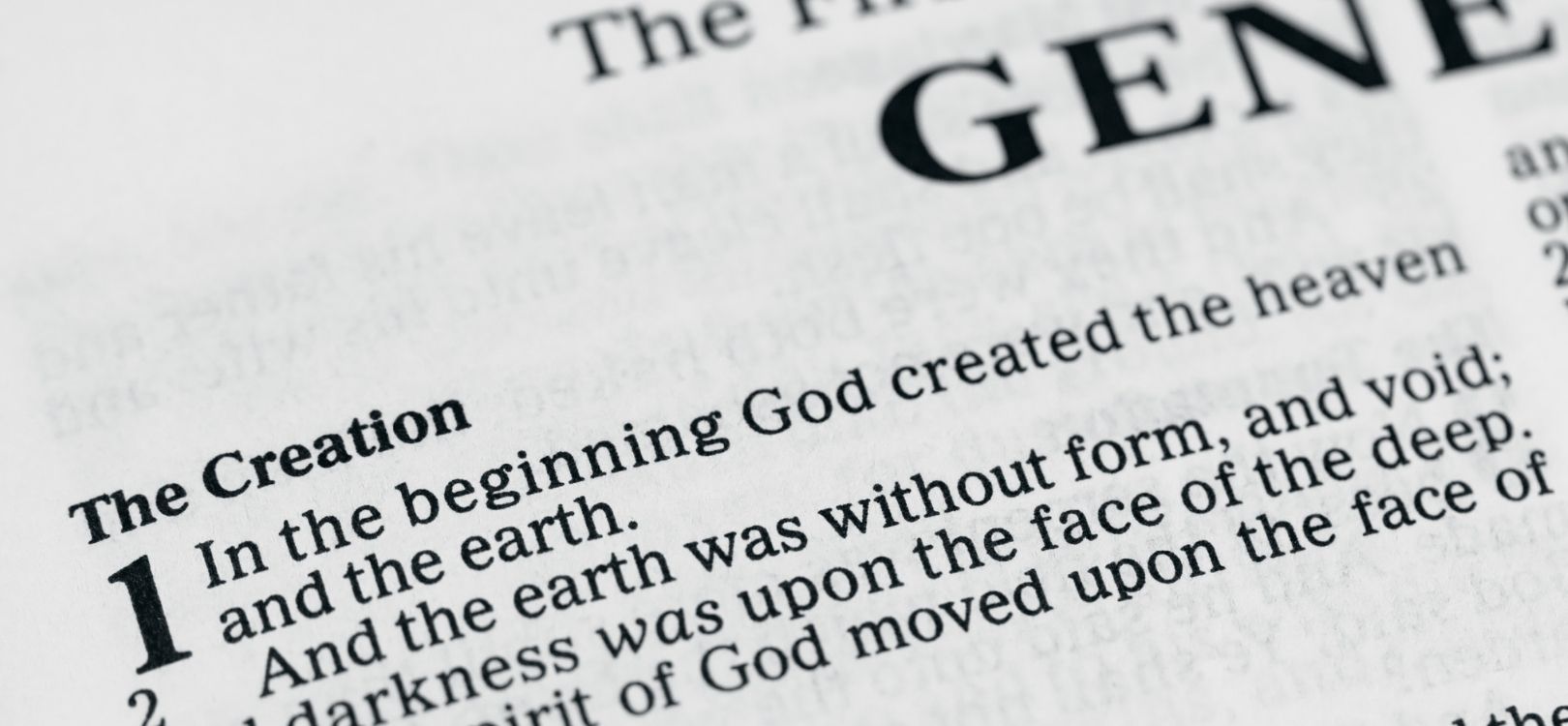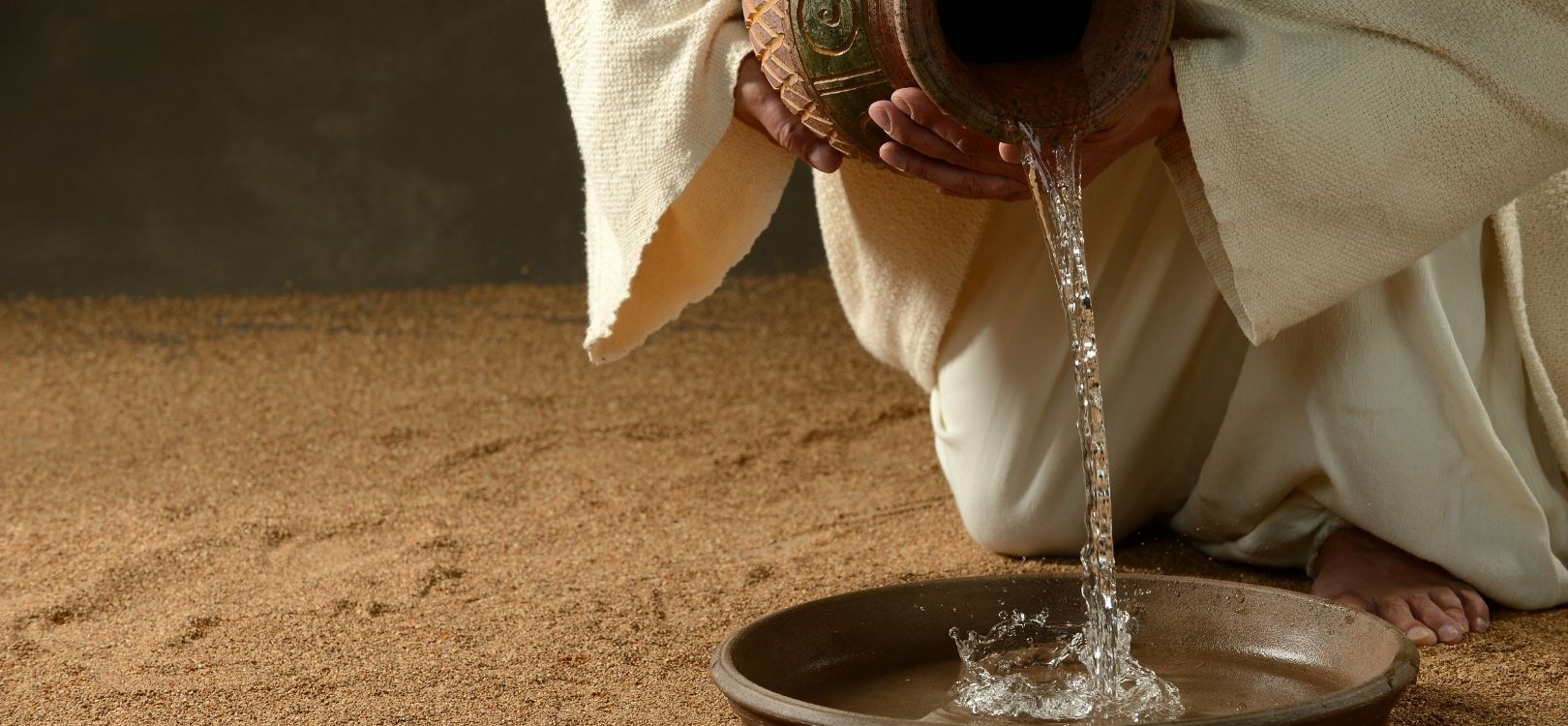|
Hospitality isn’t something that just comes out of nowhere; it’s learned by watching and being trained by others. Remember: “Hospitality is to bless; not impress.” “No matter what, make room in your heart to love every believer. And show hospitality to strangers, for they may be angels from God showing up as your guests.” Hebrews 13:1 Building a House Started in the Beginning Going back to Genesis, the book of beginnings, where the origin roots for humanity started, the Bible literally begins with a pair of open arms. In the Bible, the first letter of Genesis 1:1 is the Hebrew letter 'Beit.' It looks like a backward C: in the Hebrew language, single letters have meanings. 'Beit' by itself implies blessing, creation, and two arms open to welcome and to bless. Into those arms, into that place of blessing, strangers are welcome and comforted and go forth. It literally means "house." Most people recognize the letters or sounds from the word Bethlehem which means house of bread. The letter alludes to the coming temple in Jerusalem, which was a representation on earth of the heavenly home. Every house on earth is a miniature picture of that same place – and an outpost of our heavenly home, a sanctuary where we will be warm, safe, and cared for. Hebrew reads from right to left. Using the 'beit' as the opening letter for the Scriptures, our Father is in one letter revealing his intentions for the whole story. In Hebrew culture, the meaning of house is more than just a building; it's a family lineage. In other words, the whole Bible is telling us his intention is to open his arms and his home to build a large family. This theme is the golden thread through all of history. Jesus Continued Building the House God promised Abraham and Sarah that they would become the parents of generations of descendants who would bless the world. When David was contemplating building an earthly house for God, The Prophet came and told him he would not build the temple but that his son Solomon would. Then the prophet told David that God will build a house for him and that his descendants would be on the throne over Israel forever. So in that context House meant a blessed and favored lineage of descendants. When the young Messiah was 12, his family journeyed to Jerusalem to celebrate one of the feasts. Isn't it interesting that God prescribed that the plan of salvation be observed in a series of seven annual feasts? The Messiah stayed behind in the temple to debate with scribes and scholars. When his mother found him, she asked why he stayed behind. He responded: "did you not know that I must be about my Father's business? Or did you not know that I must be about the business of building my Father's house? As early as the age of 12, we find Jesus in the temple asking questions and learning. Even at that time, he was acting out of the realization of who his father was. The desire to do the things he did grew from the revelation of who he was. Every area of Christian life and service, as well as the grace to make us able, will naturally spring from the revelation of who we are. Note: Jesus's revelation of his identity was not complete by what his parents taught him. Scripture reveals he went to the word of God to continue to understand who he was. In Luke 4:16-21, Jesus made his public declaration of who he was by quoting Isaiah 61 in verse 16; we have a subtle hint, "… As was his custom…" Jesus was doing something customary for him. First, HE was going to the synagogue. Secondly, HE was turning to a passage of scripture. (a) It had been his custom to read the scrolls. He went to the word to affirm and establish his identity. The word became the place to get particulars about his identity. This is where he grew in his knowledge of God and his knowledge of himself. He did not read the word to try and become the son of God; He read the word to determine what it meant about him. Even as a preteen, he understood his call directly related back to the very first letter in scripture - The work of opening the father's arms and welcoming others to come in. Even in one of his parables, he described the kingdom like, "there once was a man who was giving a great feast which he invited people. He sent his servant to tell his guest, come, everything is ready, but they all made excuses. The servant went back and told his master. Then the master sent the servant to hurry to the town's alleys to bring back the poor, crippled, blind, and lame. Soon the servant said, "There is room for more," so the master said, "Go out to the country roads and lanes and make people Come in so that my house will be full." Luke 14: 15-24, Matthew 22:1-10 The early believers understood hospitality is central to the gospel message. Wherever they settled, they extended open arms by offering hospitality which back then included the care of the sick, as in the story of the good Samaritan. As the gospel messengers went forward, offering this good news how people received them spoke volumes. If the people they went to did not accept them and welcome them with hospitality, it was seen as rejecting both the messenger and the message. That's how much the father values an open spirit of hospitality. Put yourself in the place of a seeker, a refugee, an abused teenager, someone unemployed, or a widow who's been invited to visit a monastic community. Now imagine you found your way there. What would you likely experience? Imagine this Picture Painted You would find a porter station near the community entrance whose chief role is to welcome guests and introduce them to the rest of the community. The Abbot and everyone else would welcome you with "all courtesy of love." The Abbot gently inquires about what had prompted your visit, and so begins the ministry of conversation. He would read scripture for you, offer a prayer for you and extend the kiss of peace. The Abbot would wash your feet, dirty from your journey by foot. Maybe today, such a place would have their car serviced and detailed, and your clothing would be washed and mended. He would show you to the guest house, managed by a caring brother who would give you bedding. You would be included at the Abbot's tables for meals. If the Abbot was in a period of fasting, He would break the fast because his higher priority was to the ministry of his guests. You would learn that the monastic communities highest commitment is hospitality to strangers, seekers, pilgrims, and refugees. The Benedictine rule number 53 explains that "all guests to present themselves are to be welcomed as Christ, for he will say: I was a stranger and you welcomed me." Soon you would be given a soul friend, a small group, and a place for periods of solitude. You would learn some scripture you would worship with the community. One or more persons would share the ministry of conversation and pray with you daily. After some days or weeks, you find yourself believing what these Christians believe. You would be processing the beliefs of your heart. And they would invite you to commit your life to Christ and His will for your life. (The Celtic Way of Evangelism) So there you have it how Ireland, Scotland, and England were WON away from the darkness of paganism with the power of loving hospitality. Hospitality is powerful. It demonstrates to people the invisible kingdom of the Father, a household in the largest, most loving, and enduring family. ____ (a) Excerpt from Leadership That Builds People by Dr. Jim Richards Denise Capra(& delineated from the COOKBOOK Part of the Family by Pearl Cozzens, Dave Duell’s older sister)
0 Comments
Leave a Reply. |
AuthorThese are articles that we find of interest. Archives
October 2022
Categories |





